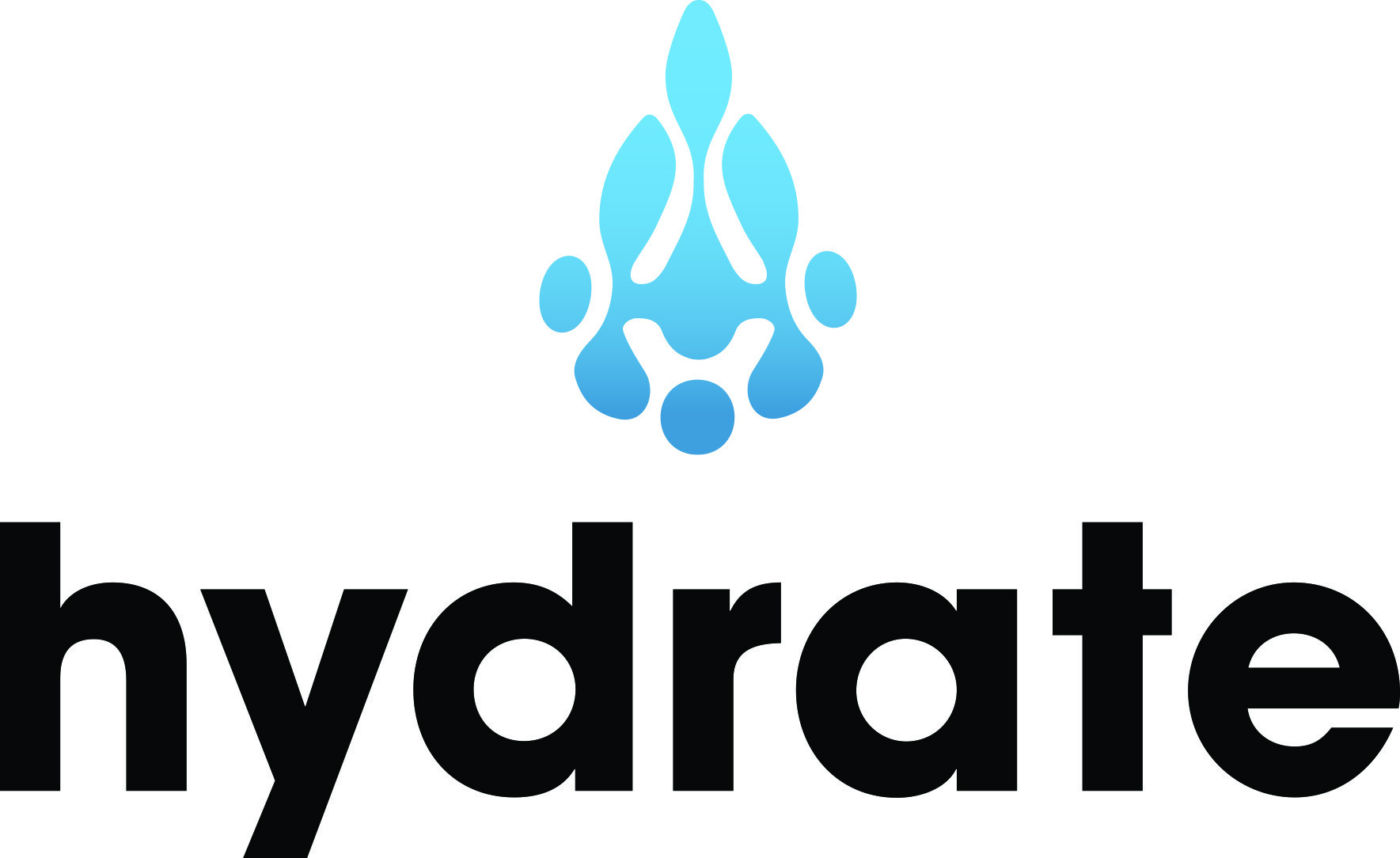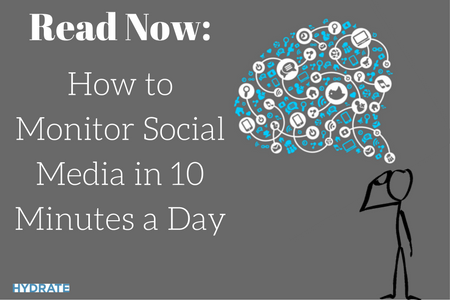From a customer standpoint, Google My Business profiles are extremely helpful. They show up on the right hand side of your web browser when you search for a local restaurant, for example. The profiles are chock-full of information like phone numbers, locations, hours of operation, various social links, photos, and even customer reviews. Whether someone is looking for recommended restaurants in a new place, or they’ve just forgotten what number to call to make reservations at an old haunt, they’ll often consult a search engine to get this information.
A business’s information being cited on a variety of websites can be just as helpful for them as it is for their customers. These local citations can drive online traffic to your website, foot traffic to your brick and mortar, and, of course, overall sales. However, if they are ignored or mismanaged, local citations can also negatively impact a business.
So, what even is a local citation exactly?
At the very least, local citations consist of a business’s name, address, and phone number, abbreviated as NAP. Search engines such as Google or Bing use this data to identify a business in order to know when they should show up in search results. This process becomes easier for search engine algorithms if identical location and contact information is presented alongside the business’s name many times across the internet. This is where helpful sites like Moz come into play. By entering your business’ address, Moz scans various local citation listing sites, like YellowPages, Google My Business, and Yelp, and tells you where your information is or is not listed, whether your listing is complete, and where you have repeated information. It’s really very helpful!
Local citation information can also be referred to as NAPW or UNAP if it includes the URL to the business's website. Providing additional information to supplement a NAP, such as social links, helps search engines to validate that the business is credible and the citations are correct.
How can I make these local citations benefit my business?
First of all, you must be active and accurate! Your first job should be to identify where your business is currently listed, what changes need to be made to those listings, and where you need to add your business’ information. Remember Moz? That should do the trick!
There are a few different places where your local citation could be found online, the first being major data platforms, such as Google My Business and YellowPages. These exist specifically to publish local citations; you can go right into them and create one on your business’s behalf – or claim your business listing if the platform has generated one for you. Next, make sure your information is correctly listed on your Facebook page, and on any other social media accounts you have. It’s important to be sure all your listings match the citation used on the major data platforms. Your business’s listings on review-oriented sites, like Yelp, should match this as well. Also, there are specific platforms for various industries and/or locations where your business can list its citation, such as your local chamber of commerce and professional association websites.
It is extremely important to come up with a local citations management plan for your business while the waters are calm. If you don’t claim a listing or have not uploaded your own listing to a major site like Google My Business, the platform will generate a listing for your business based on information pulled from your website and various social accounts. This information can often be published incorrectly, so it’s important that you stay on top of your listings and that you are aware of what information is being published. Actively ensuring that your local citations are accurate will make it easier to handle any stormy situations, such as updating your online information if your business moves, gets a new phone, merges with another company, or rebrands.
Another benefit of actively managing your citations is that you’ll probably gain more awareness of other similar, local companies while browsing the web to see what information is out there about your business. Plus, you’ll discover which sites you’re being reviewed on the most, and what your customers are saying in their reviews. Simply put, monitoring what’s being put out about you online is just good business.
Why should I care if less popular websites cite my business's NAP incorrectly?
Because SEO, that’s why! Local citations can either positively or negatively impact search engine rankings. This is the “why” behind being active and accurate.
Having consistent citations across the internet will help your business compete when it comes to search results. This consistency proves to search engine algorithms that your business is legitimate, open, and active. If the algorithms can find your local citation on more sites than it can find your competitor’s information, then naturally, you will rank higher up in any search results. There are probably multiple businesses in your area that show up when someone searches a targeted keyword phrase, like “best Italian restaurant,” but having an authoritative citation portfolio can help you be at the top of that list. Actively publishing your business’s NAP on as many platforms online as possible, and checking to ensure this information is accurate everywhere, will make you appear credible and popular, both to automated search engines, as well as to living, breathing prospects and customers.







